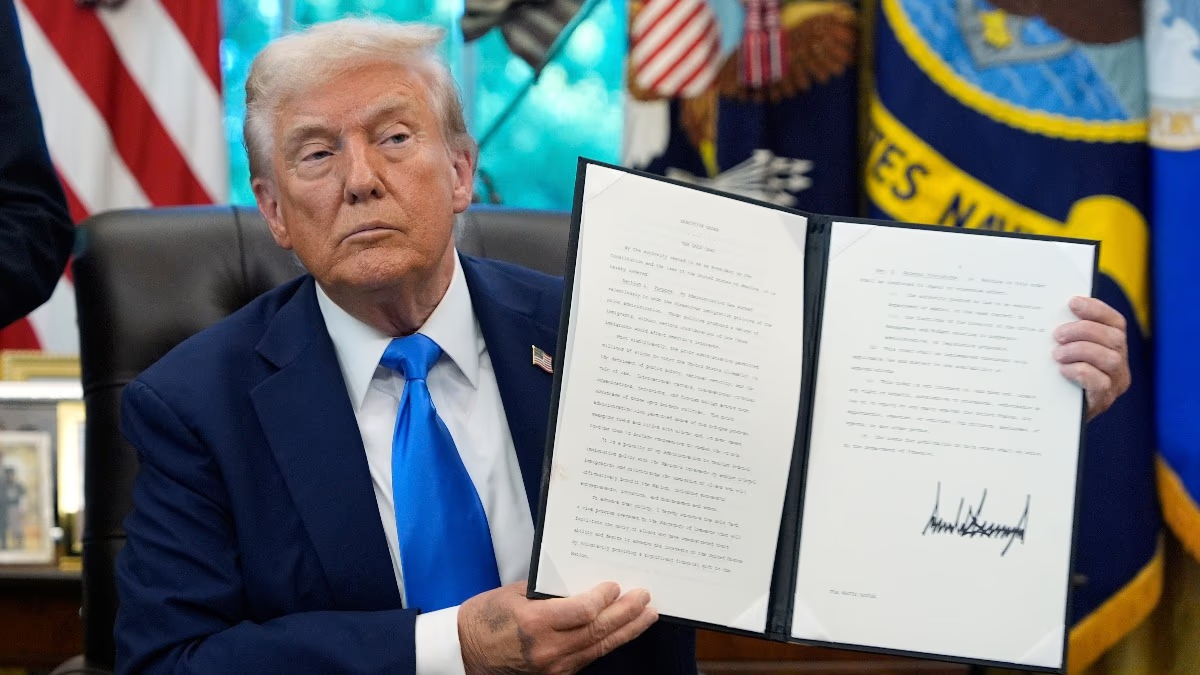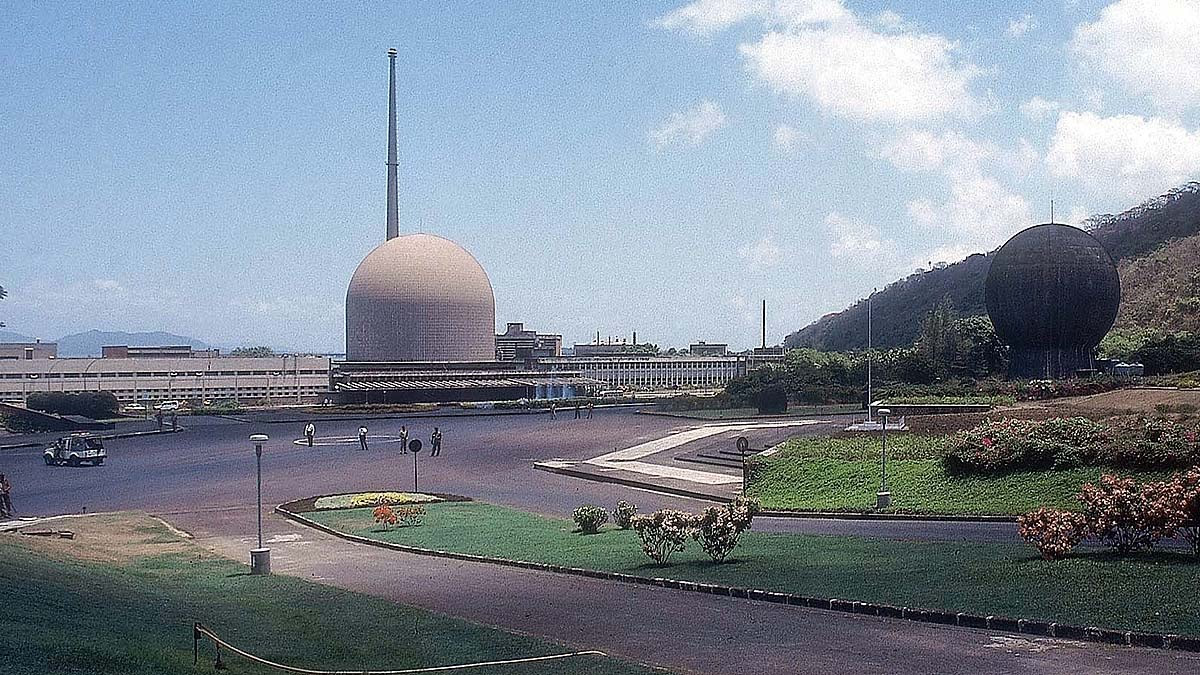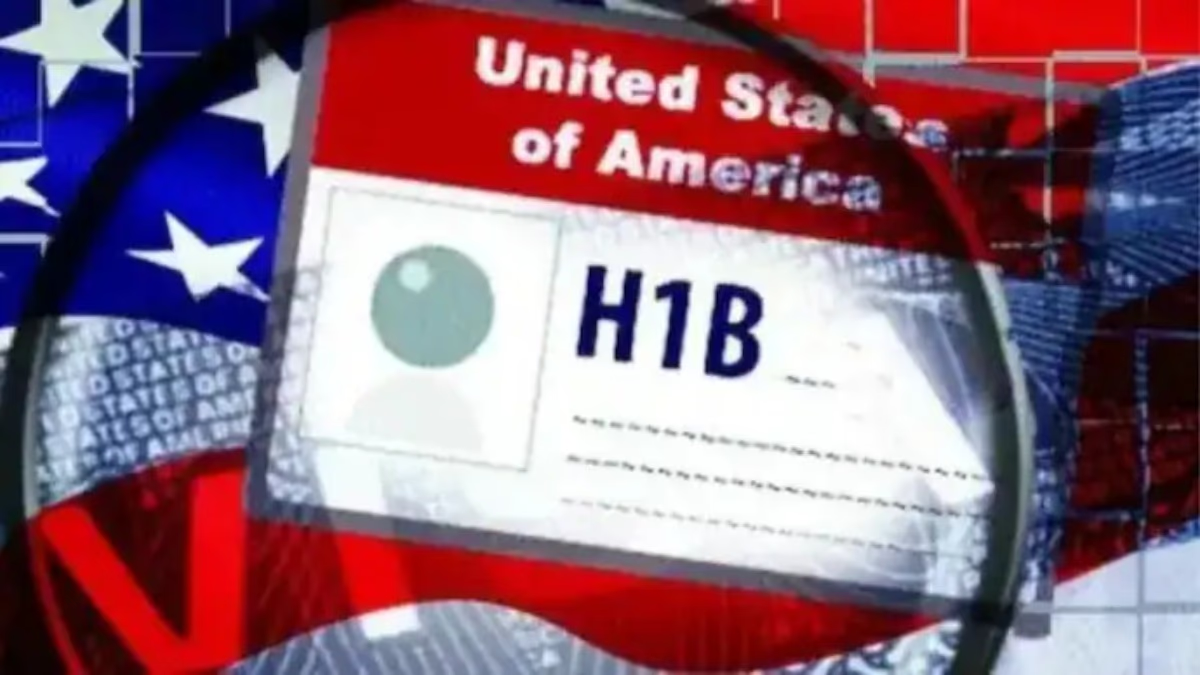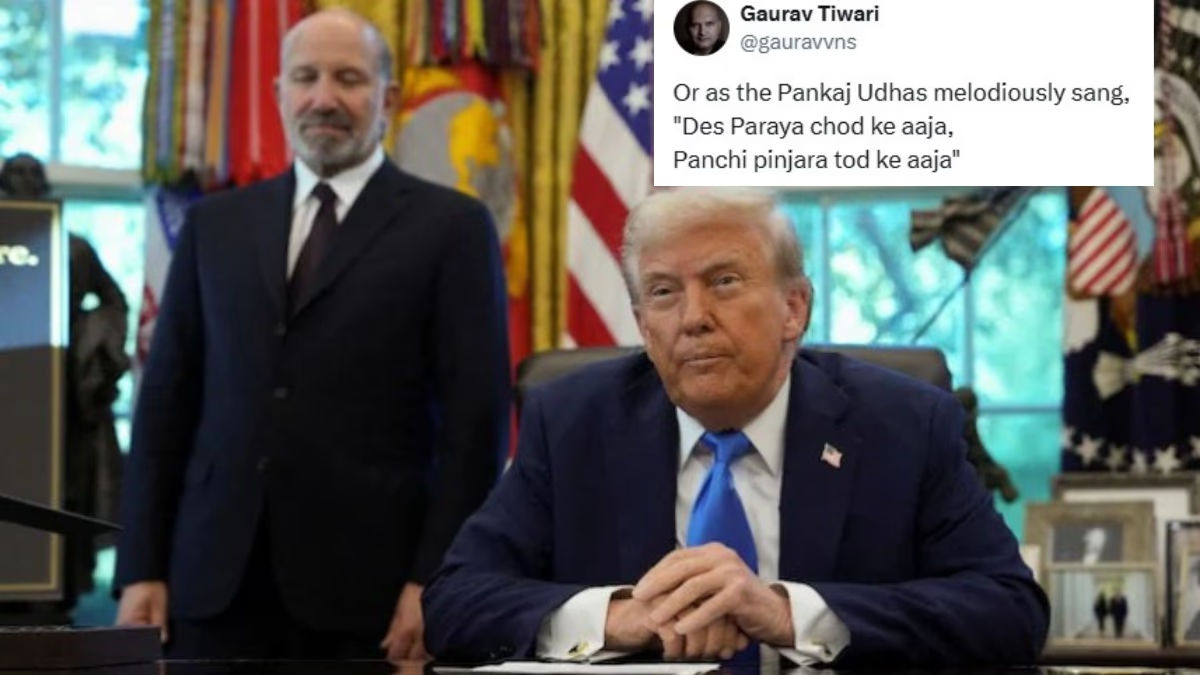President Donald Trump has announced a fee of $100,000 on H-1B visa applications. The White House issued a letter on Friday defending this decision as necessary to curb program misuse, offset job loss, and address national security concerns. The White House elaborated on why the visa fee increase was necessary.
Arguments Defending the Decision
The Trump administration asserted that companies have intentionally misused the H-1B program to replace American workers with lower-paid foreign employees. The mandatory $100,000 fee for all new H-1B applications filed from outside the United States aims to discourage abuse and prioritize the hiring of highly skilled, high-paying positions.
The White House presented key claims and statistics to justify this policy.
1. Rising H-1B Usage in the Tech Sector
In the fiscal year 2003, 32% of IT jobs were held by H-1B personnel. By 2025, this figure is projected to exceed 65%, reflecting a heavy dependence on foreign labor in one of America's most vital industries.
2. Increasing Unemployment Among American STEM Graduates
Recently, the unemployment rate for computer science graduates was 6.1%. For computer engineering graduates, this rate was 7.5%, more than double that of graduates in biology or art and history.
3. Gap Between STEM Employment and Foreign Recruitment
From 2000 to 2019, the number of STEM workers born outside the U.S. more than doubled, while overall STEM employment increased by just 44.5%. The administration argues this indicates displacement of American talent, rather than a lack of it.
4. Mass Layoffs in H-1B Heavy Firms
The Trump administration also cited examples of companies that continued mass hiring of H-1B workers while laying off American employees in substantial numbers. One unnamed company laid off 16,000 Americans in 2025 after obtaining 5,189 H-1B approvals.
Another reduced 2,400 jobs in Oregon while securing 1,698 H-1B visas. One-third cut the number of its American employees by 27,000 since 2022 but got approval for 25,075 H-1B visas. In February, a company trimmed 1,000 American jobs while acquiring 1,137 H-1B approvals.
5. Forced Training of Replacements
Reports highlighted incidents of American tech workers being forced under non-disclosure agreements to train their H-1B replacements, portraying this program as a vehicle for corporate outsourcing.
6. Threat to Domestic Workforce
The administration claims the current structure of the H-1B program discourages young Americans from pursuing careers in the tech sector, as it compromises job security and reduces wage competitiveness.
7. National Security Concerns
The Trump administration contends that this issue has repeatedly been presented as a national security concern, arguing that dependency on foreign labor in critical infrastructure sectors, including technology, weakens America's resilience and self-reliance.
8. Steps Toward Reforms
Along with the announcement, President Trump instructed the Labor Department to amend prevailing wage rules to ensure H-1B workers aren't underpaid. The Department of Homeland Security will initiate regulations to prioritize visa approvals for high-wage, high-skilled jobs.
9. America-First Strategy
The administration claims all jobs have gone to American-born workers since Trump returned to office, reversing previous government trends. The federal workforce program has been altered to exclude illegal immigrants, ensuring job training resources are reserved for American citizens.
The White House sees the $100,000 H-1B visa fee as a direct countermeasure against a fragmented system that prioritizes foreign workers at the expense of American jobs and security.
Read More:




